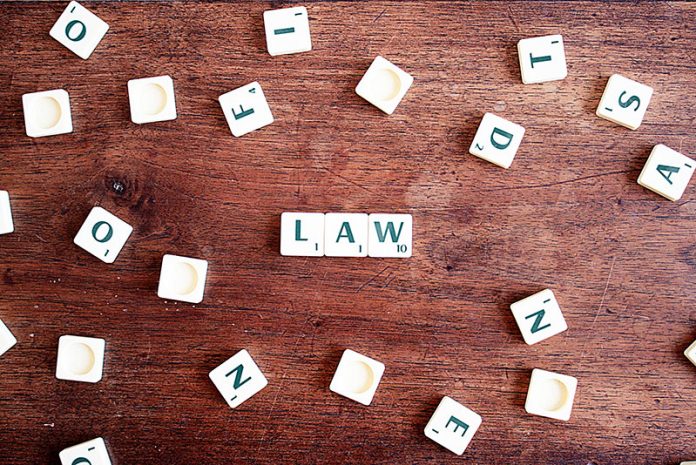What is a Right of Superficies?
Superficies (See-Tee-Nua-Tee-Din) is a legal term referring to anything placed upon and attached to the ground, and most commonly refers to a building erected on land owned by another. A right of superficies is a real property right for a specified period whereby a landowner grants another person (superficiary), the use of their land and to own the structures built upon it, without obtaining ownership rights over the land.
This right is only valid and enforceable after completing the registration with the Land Department. Such registration shall make the public aware of any burden on the property. It is, therefore, enforceable against any third-party such as a successor to the property.
For how long can one grant a right of superficies?
A party may grant for a specific period, or for the life of the owner of the land or the superficiary. However, it should not exceed 30 years, even though the agreement stipulates a longer period. You can renew the grant for not exceeding 30 years from the time of renewal.
If there is no fixed period, any partner may terminate it at any time by giving reasonable notice to the other.
Will I lose my right if the landowner transfers the land ownership to another person?
The right of superficies is neither extinguished by transfer of ownership of the land nor by the destruction of the buildings, structures or plantations even if the destruction was due to force majeure.
Can I transfer or inherit the right of superficies?
You can transfer the right of superficies if you wish to sell the right to another person. You can also bequeath it by way of inheritance.
What happens when the right of superficies comes to an end?
The superficiary may take away his buildings, structures or plantations, provided he restores the land to its former condition. However, the land owner may notify his intention to buy at the market value, instead of permitting to remove. The superficiary may not refuse the offer except on reasonable grounds.
What is the difference between Usufruct and Superficies?
Usufruct is a temporary legal ownership right, given to another party (usufructuary), to use, enjoy and manage someone else’s immovable property. This comes with the advantage of deriving income or benefits from it for a 30-year period or for the lifetime of the usufructuary and as long as there is no damage or alterations in the property.
Superficies is similar to a usufruct, but unlike usufruct, wherein its rights and benefits expire upon the death of the usufructuary, the right of superficies is transferable and inheritable. A usufructuary cannot sell the property but can transfer his rights to a third-party with up to 30-year lease.










